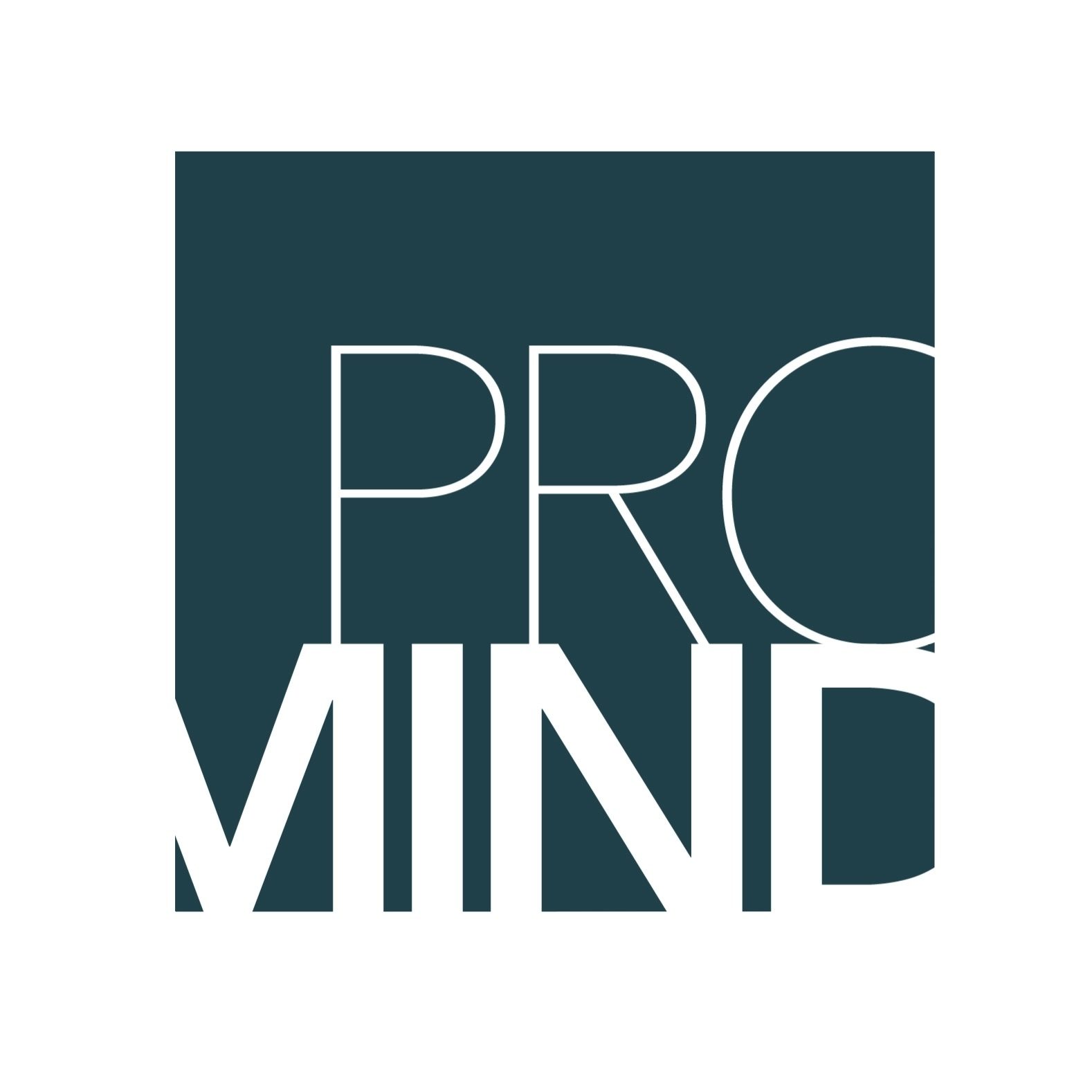Imagery Rescripting (ImRs) is a therapeutic technique that targets distressing memories by imagining the distressing memory as vividly as possible in a first step and by imaging the sequence of events in a more desirable direction fulfilling emotional needs in a second step. The aim of this procedure is to take the edge of the emotional impact of the memory by changing the (emotional) meaning of the memory representation. As the majority of depressed patients report to experience distressing memories and as depression is linked to adverse childhood experiences, the aim of this study is to investigate whether ImRs has an effect on depressive symptom severity during standard CBT for depression.
Preregistration: https://drks.de/search/de/trial/DRKS00031495
Researchers: Amelie Endres & Fritz Renner
